The views expressed in our content reflect individual perspectives and do not represent the authoritative views of the Baha'i Faith.
Among the many visitors to Bahji were several Europeans, among them Edward Granville Browne, an Englishman who would later become one of the most eminent orientalists of his time, whose works are still read by students of the Middle East even today.
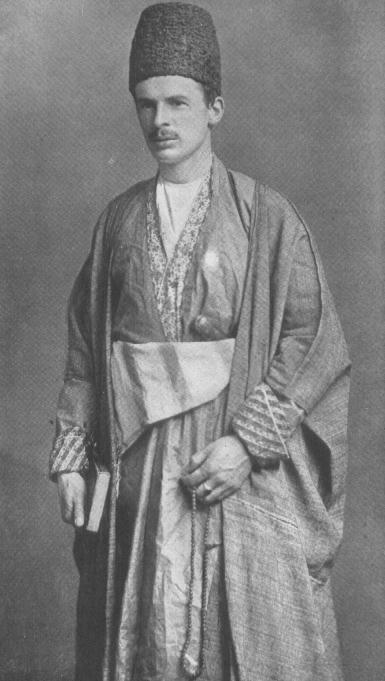
Edward Granville Browne
As a youth Browne had read reports about the Bab written by a European visitor in Persia. He had become so attracted by the story of the Bab’s faith that he eventually dedicated himself to learning all that he could about the new religion. In 1888 he journeyed to Persia and met with many of the Baha’is, including some individuals who had known the Bab personally. In 1890 he set out for Ottoman territory to meet Baha’u’llah.
In his journal, parts of which were later published, Browne commented on the remarkable atmosphere of spirituality that pervaded Bahji. He noted the serenity, happiness, and utter devotion of the believers whom he met, including several who had suffered severe persecutions for their faith. But his aim was to meet Baha’u’llah, and this request was soon granted. Browne wrote a memorable depiction of this meeting. From his own words the power of Baha’u’llah’s presence is clear. This is all the more impressive because Browne was neither a Baha’i nor an Easterner; rather, he was very much a Western intellectual. We might reasonably expect that he would not ordinarily have confessed to spiritual stirrings unless they had been too great to be excluded from his account. As an academic he would have known that such sentiments would be scorned by many of his peers.
His account is valuable in part because critics would often attribute Baha’u’llah’s spiritual presence to careful advance preparation of his guests. This is true even today—many who hear or read the accounts of those who attained His presence, desiring to offer some “rational” explanation, assume that the visitors were psychologically “programmed” in advance to expect an overwhelming spiritual experience. If that were true, then such experiences would not be due to spiritual forces at all. Browne makes clear that this did not happen in his case. In fact, he states that he was not even certain if or when the interview was to take place. Yet the account is impressive indeed. Here is his testimony:
. . . my conductor paused for a moment while I removed my shoes. Then, with a quick movement of the hand, he withdrew, and, as I passed, replaced the curtain; and I found myself in a large apartment, along the upper end of which ran a low divan, while on the side opposite to the door were placed two or three chairs. Though I dimly suspected whither I was going and whom I was to behold (for no distinct intimation had been given to me), a second or two elapsed ere, with a throb of wonder and awe, I became definitely conscious that the room was not untenanted. In the corner where the divan met the wall sat a wondrous and venerable figure. . . . The face of him on whom I gazed I can never forget, though I cannot describe it. Those piercing eyes seemed to read one’s very soul; power and authority sat on that ample brow; while the deep lines on the forehead and face implied an age which the jet-black hair and beard flowing down in indistinguishable luxuriance almost to the waist seemed to belie. No need to ask in whose presence I stood, as I bowed myself before one who is the object of a devotion and love which kings might envy and emperors sigh for in vain!
“A mild dignified voice bade me be seated, and then continued:—‘Praise be to God that thou hast attained! . . . Thou hast come to see a prisoner and an exile . . . We desire but the good of the world and the happiness of the nations; yet they deem us a stirrer up of strife and sedition worthy of bondage and banishment . . . That all nations should become one in faith and all men as brothers; that the bonds of affection and unity between the sons of men should be strengthened; that diversity of religion should cease, and differences of race be annulled—what harm is there in this? . . . Yet so it shall be; these fruitless strifes, these ruinous wars shall pass away, and the “Most Great Peace” shall come . . . Do not you in Europe need this also? Is not this that which Christ foretold? . . . Yet do we see your kings and rulers lavishing their treasures more freely on means for the destruction of the human race than on that which would conduce to the happiness of mankind . . . These strifes and this bloodshed and discord must cease, and all men be as one kindred and one family . . . Let not a man glory in this, that he loves his country; let him rather glory in this, that he loves his kind . . .’
“Such, so far as I can recall them, were the words which, besides many others, I heard from Beha [Baha’u’llah]. Let those who read them consider well with themselves whether such doctrines merit death and bonds, and whether the world is more likely to gain or lose by their diffusion.” – Edward Granville Browne, quoted in H. M. Balyuzi, Edward Granville Browne and the Baha’i Faith, pp. 56–57.
Next: The Wolf: Baha’u’llah’s Greatest Enemy


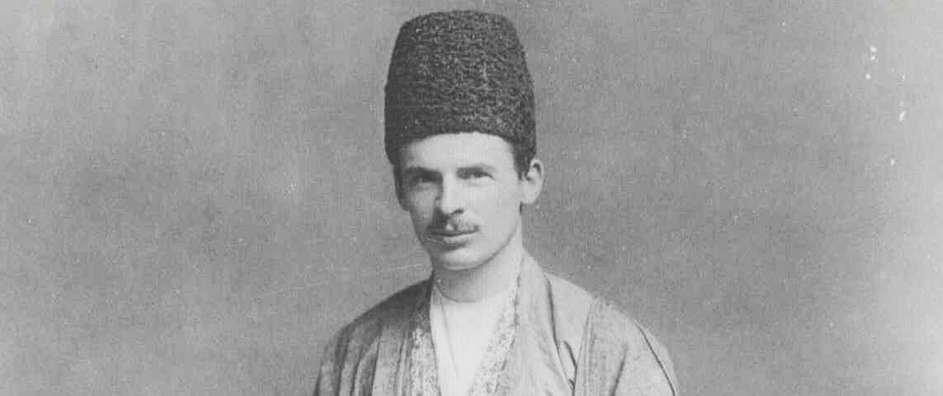

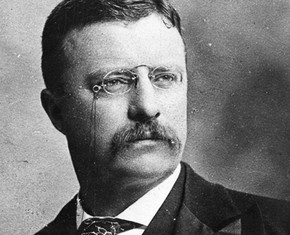
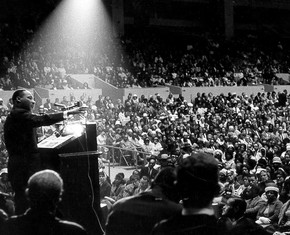
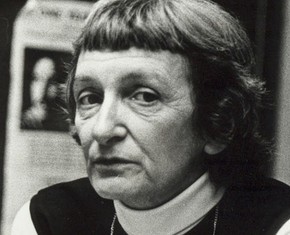









Comments
Sign in or create an account
Continue with Googleor